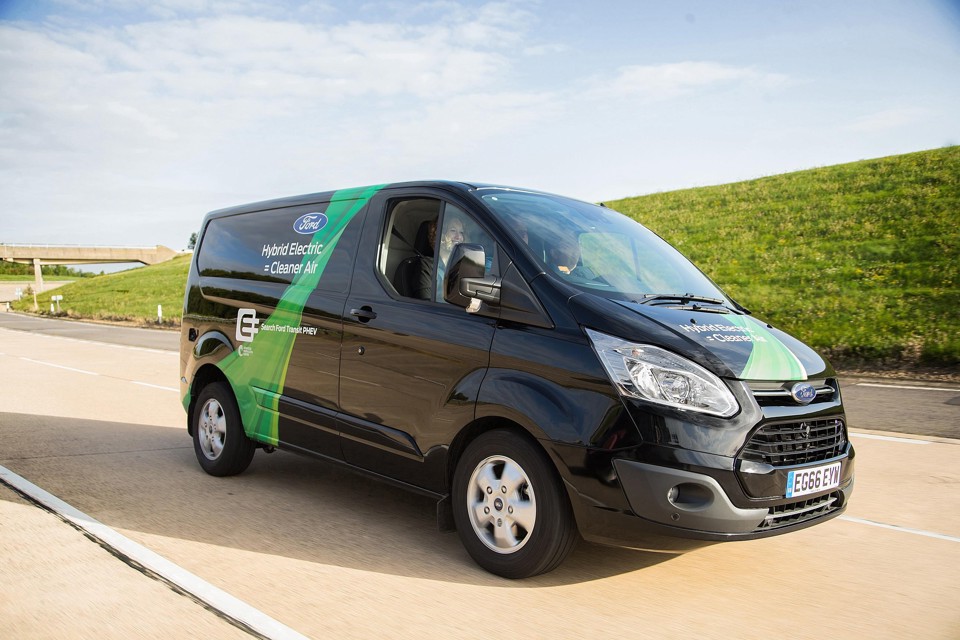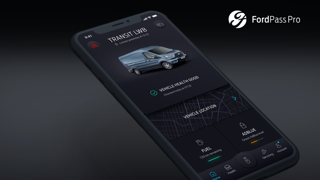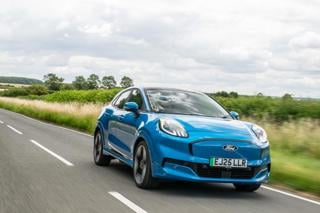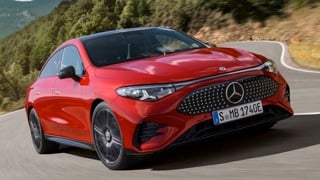Ford has extended its real-world plug-in hybrid electric vehicle (PHEV) fleet trial to Cologne.
The German city joins London and Valencia, Spain, in the list of European test locations aimed at providing data and analysis to demonstrate “real-world benefits of such vehicles for the environment and for commercial vehicle owners and operators”.
Ford is working with five municipal fleets in Cologne, providing nine Transit Custom Plug-In Hybrid vans and one Tourneo Custom Plug-In Hybrid people-carrier.
The manufacturer will also investigate how geofencing and blockchain technology could help to accurately track and increase the number of “green miles” driven by vehicles.

Blockchain is a data security technology that creates permanent time-stamped records of data, which are saved on multiple computers. The data constantly grows as new records or "blocks" are added. Geofencing is creating a virtual geographic boundary defined by GPS technology.
On-board modem
Each of the 10 PHEVs in the 12-month Cologne trial features the FordPass Connect on-board modem, and a plug-in device enabling blockchain and geofencing. When a trial vehicle enters a controlled zone, its electric-drive mode is triggered and the zero-emission driving green miles are recorded. The emissions mode and time that vehicles enter or leave a controlled zone are logged on a secure distributed ledger, or blockchain. This means emissions data is safely stored and shared among relevant parties including city authorities and the vehicle or fleet owners.
Real time
According to Ford, the dynamic geofencing technology also means the vehicles can adapt in real time to changes in emissions zones. A practical application of this technology could be that in the future cities may adjust controlled areas or create new ones based upon local weather or environmental conditions. The connected PHEVs will then automatically switch to low-emission mode when they enter these updated zones.
Gunnar Herrmann, chairman of the management board, Ford-Werke GmbH, said: “The blockchain technology we are testing here in Cologne enables secure, tamper-proof tracking and logging of vehicle emissions records, which makes it ideal for the PHEV pilot.
“Security, trust and transparency of emissions data are of paramount importance to all stakeholders in this project, and are key for our vision of cleaner air in the city.”
Mark Harvey, director, Commercial Vehicle Mobility, Ford of Europe, added: “The plug-in hybrid electric vehicle trials with our partners in the City of Cologne build upon our ongoing electrification programmes elsewhere in Europe, and bring us all closer to meeting our combined urban air quality goals.”





















Login to comment
Comments
No comments have been made yet.